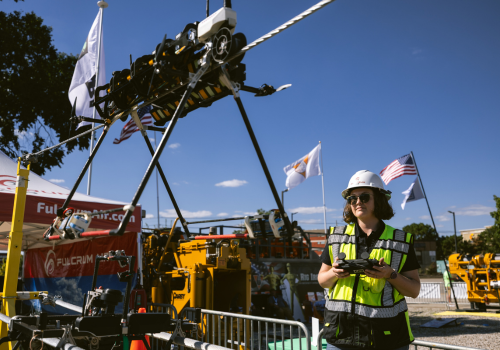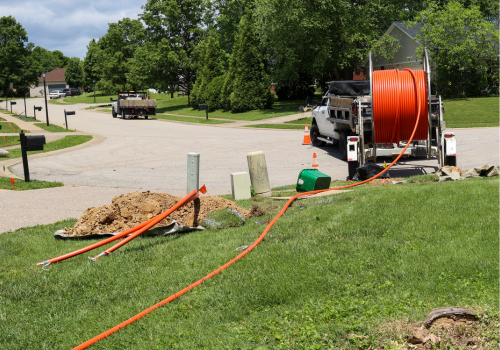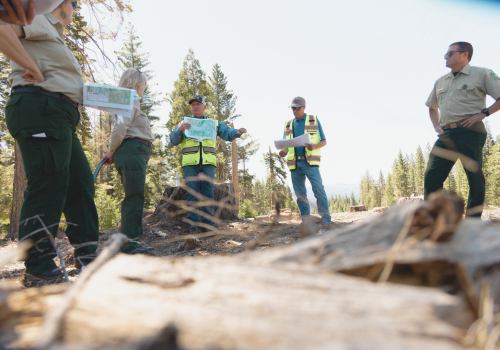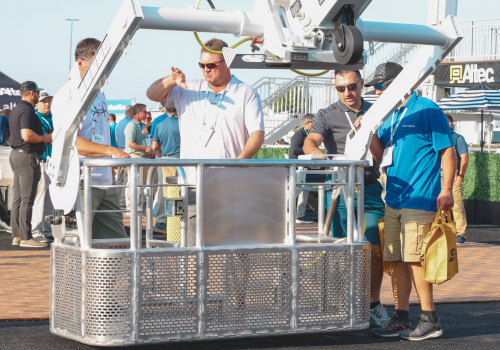Often, the role of a flagger is not given the importance it deserves. There is considerably more to flagging than just flipping a paddle. Flaggers need to be trained to maintain the safe movement of traffic throughout a work zone, provide the level of safety necessary to separate workers from motor vehicles, and handle unexpected situations that can occur.
In 2021, 956 people were killed in work zone fatalities, there was an estimated 42,000 injuries and 106,000 work zone crashes, according to the National Work Zone Safety Information Clearinghouse.
By maintaining safe work environments, flaggers are the first line of defense for all workers in a work zone and the public, says Bill Birdwell, Owner and Founder of Southwest Traffic Solutions, LLC. Based in Mesa, AZ, the company provides consulting services in traffic operations and engineering, training – provided through the American Traffic Safety Services Association (ATSSA), traffic studies, safety audits, work zone safety, and expert witness services.
“Expectation is where most drivers make mistakes in work zones,” he explains. “They drive according to an expectation that they have predetermined in their mind. The role of the flagger – the first thing drivers see as they approach a work zone – is to reestablish that expectation for what is happening in the work zone so that traffic moves as safely as possible through it.”
Minimal if any training
Frequently, the importance of using trained and experienced flaggers is not considered, notes Birdwell. There are times when the lowest person on the totem pole with the least amount of experience in construction or flagging and little training, if any, gets the job of standing on the side of the road with a flagger paddle in their hand.
“The benefit of having somebody who is trained or certified is that they have the awareness that while all drivers are not the same, all drivers depend upon the flagger’s ability to be seen and to safely control the traffic,” he says. “Trained flaggers know the importance of properly positioning themselves, having the proper signs out, and doing the things necessary to not only maintain the safety for the road user but the safety for the workers and themselves.”
Incidents involving of a lot of work zone flaggers is typically due to improper positioning, points out Birdwell.
About the speaker
Bill Birdwell worked in state, county, and local government for more than 35 years in traffic engineering and operations before retiring. His background encompasses temporary traffic control, traffic signals, pavement markings, and resolution of traffic safety issues and roadway safety.
In the early 2000s, ATSSA (American Traffic Safety Services Association) – whose mission is to advance roadway safety and move towards zero deaths on the Nation’s roadways – was looking for corporate training partners to provide on-demand training. As a local member of the association, Birdwell took advantage of the opportunity and became a corporate instructor.
He became a master instructor in 2006. In January 2023, he became the chief instructor for ATSSA. He teaches courses nationwide.
Birdwell moved from the public side to the private side and created his consulting firm – Southwest Traffic Solutions – in 2013.
“I love being with people and I love teaching,” he says. “I am excited when I see someone ‘get it.’ Many people think they know and may even have been taught how to work with temporary traffic control. However, that does not mean that they were taught correctly.
“The materials I will be using in my session are based upon federally adopted standards and our instructors are second to none. You will have an expert in the field standing in front of the class interacting with the students.
Read Next
Improving Efficiency on the Jobsite
Tips for a Safer Utility Jobsite this Year
Digging Safely: Preventing Underground Utility Strikes and Cave-Ins












